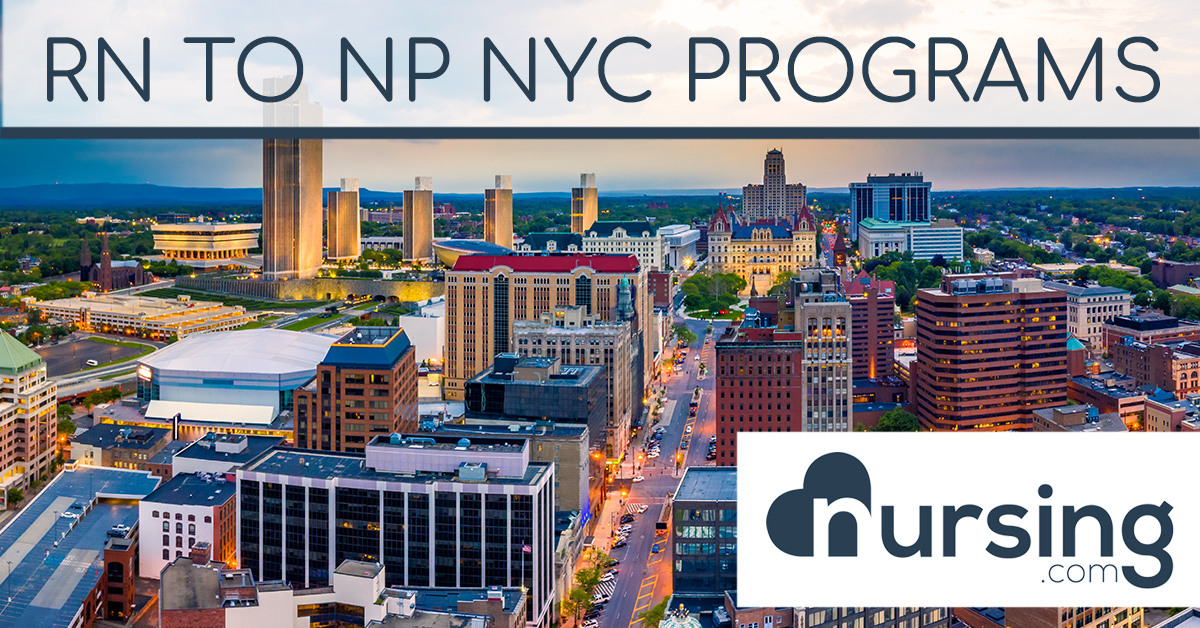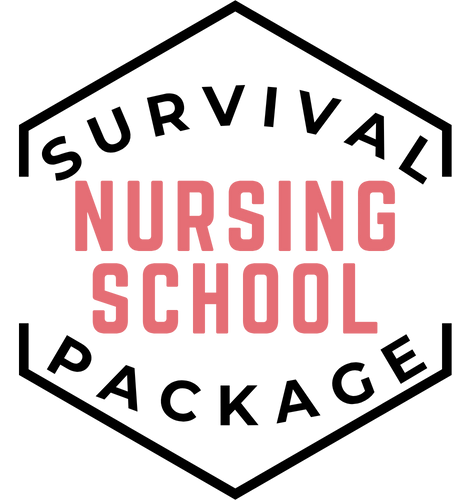How Can an RN Become an NP in New York City?

How Can an RN Become an NP in New York City?
Nursing is a noble profession that offers various avenues for professional growth and specialization. In the dynamic healthcare landscape of New York City, Registered Nurses (RNs) often aspire to advance their careers by becoming Nurse Practitioners (NPs).
Nurse Practitioners play a crucial role in delivering comprehensive healthcare services, including diagnosis, treatment, and patient education. However, the transition from an RN to an NP involves specific steps, education, and licensure processes. This article aims to elucidate the journey of how an RN can become an NP in New York City.
Registered Nurse vs Nurse Practitioner: What’s the Difference?
Registered Nurses (RNs) are trained to provide direct patient care, including administering medications, coordinating patient care plans, and educating patients and their families about various health conditions.
On the other hand, Nurse Practitioners (NPs) are advanced practice registered nurses who have completed additional education and training, allowing them to diagnose illnesses, prescribe medications, and manage overall patient care independently or collaboratively with physicians.
RN to NP Educational Pathways in New York City
- Master of Science in Nursing (MSN) Programs: In New York City, several universities offer MSN programs tailored for RNs seeking to become NPs. Programs such as those at Columbia University School of Nursing, New York University Rory Meyers College of Nursing, and Hunter College School of Nursing provide comprehensive coursework and clinical experiences necessary for NP practice.
- Doctor of Nursing Practice (DNP) Programs: DNP programs offer a terminal degree in nursing practice, preparing RNs for advanced roles as NPs. Institutions like Stony Brook University School of Nursing and Pace University College of Health Professions offer DNP programs with NP specialization tracks in New York City.
- Post-Master's Certificate Programs: RNs who already hold a master's degree in nursing can pursue post-master's certificate programs to become specialty NPs. Examples include programs at Hunter College where students can opt for a Psychiatric Nurse Practitioner graduate certificate, and Molloy College, which offers nurse practitioner certificates in Adult-Gerontology, Pediatrics, Family, and Psychiatric Mental Health.
Continuing Education and Professional Development
RNs transitioning to NP roles should engage in ongoing professional development and continuing education to maintain licensure and stay abreast of advancements in healthcare. Professional organizations such as the Nurse Practitioner Association of New York State (NPA) and the New York State Nurses Association (NYSNA) offer networking opportunities, educational resources, and conferences tailored to NP practice in New York City.






